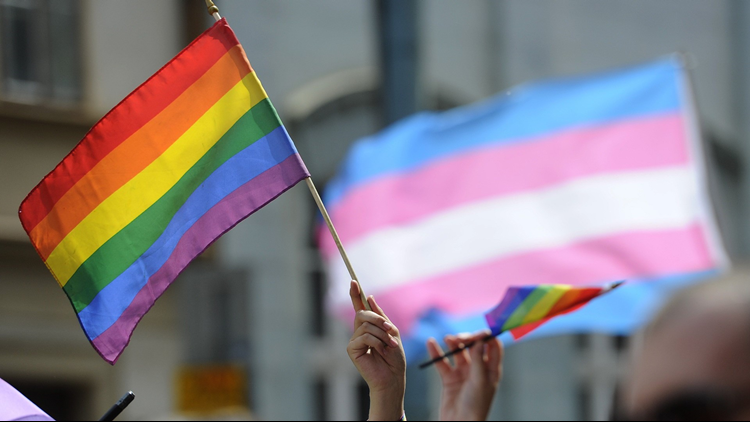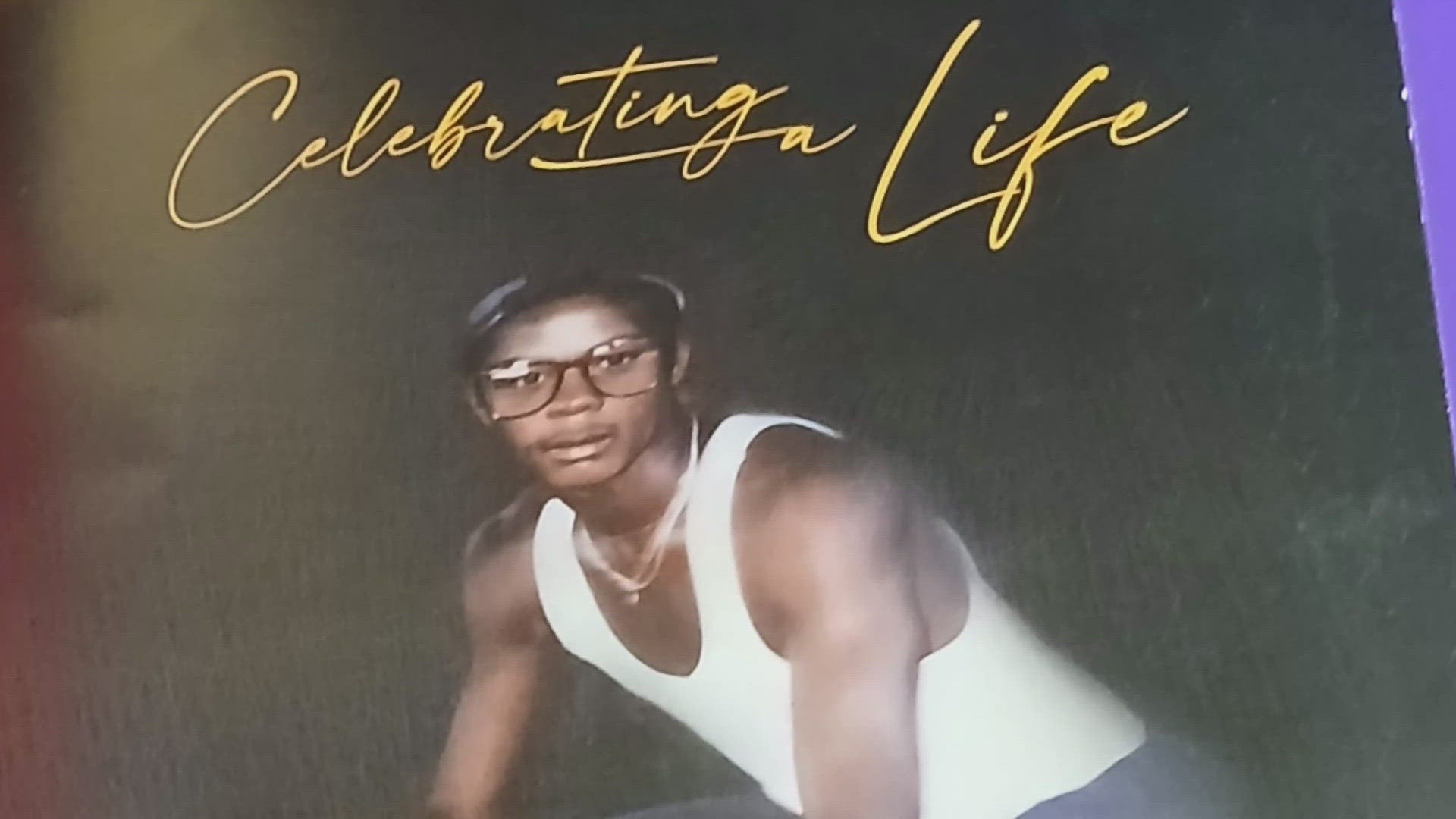ST. LOUIS — For the first time in 40 years, uniformed police officers are not being allowed to march in the St. Louis Pride Parade.
PrideSTL, the non-profit that puts on the annual event, said the decision is out of respect for the 50th anniversary of the historic riots at the Stonewall Inn in New York City.
The June 1969 uprising, which began after police violently raided the gay bar, is largely considered the birth of the modern gay rights movement.
Dennis Gorg, a spokesman for PrideSTL, told 5 On Your Side that many other cities hosting Pride parades have asked uniformed officers not to participate.
He also acknowledged that in some places, like Sacramento, the move lead to enough push back that it was eventually overturned and uniformed cops were allowed.
"For this year, we just felt the symbolism was super important for the marginalized people in our community who really still feel threatened and out of place. And it's a fair concern, for sure," Gorg said.
PrideSTL said it notified St. Louis City and County law enforcement leaders of the change and that both departments have agreed to comply.
Gorg said the organization still very much values its relationship with police in the area and the improvements that have been made toward working with the LGBT community.
"It's a sensitive issue because we like the police. They provide great services to us. In fact, we need their services. There are plenty of people who come to this event to do us harm," he said.
But some LGBT St. Louis police officers are calling the change disappointing and discriminatory.
One of them wrote this on Facebook:
"What they are justifying as "respect for the 50th Anniversary of the Stonewall Riots", actually shows that in 50 years, we have made very little progress.
When an organization can single out a class of individuals, and exclude them from participating in an event, have we made progress as a community?
There are Lesbian, Gay, Bisexual, and Transgender Police Officers working along side us everyday. Unfortunately, some of these officers are discriminated against at work. For an organization like PrideSTL to exclude them from participating, in what is billed an inclusive parade, is disappointing.
While I have tremendous respect for the work the PrideSTL Board of Directors puts into this event, this decision is wrong for the St. Louis Community.
I am respectfully requesting the Board of PrideSTL reconsider this discriminatory decision."
For now, PrideSTL said LGBT officers and their families are welcome to march in the parade, but just not in their uniforms.
Matt Harper, the President of PrideSTL, said he was unaware if city or county officers would be participating in the ceremonial parade as they have for more than 30 years.
This year's parade takes place in downtown St. Louis on June 30.
Harper said PrideSTL has offered to make special T-shirts for any police officer who wants to still be included.
He said this policy change will not affect the hundreds of uniformed officers who will be working to keep the parade and other Pride-related events safe.
Just this week, NYPD Commissioner James O'Neill publicly apologized for the actions of his department in the events at Stonewall.
He said the frequent harassment of LGBT individuals and laws preventing same-sex relationships "discriminatory and oppressive."





